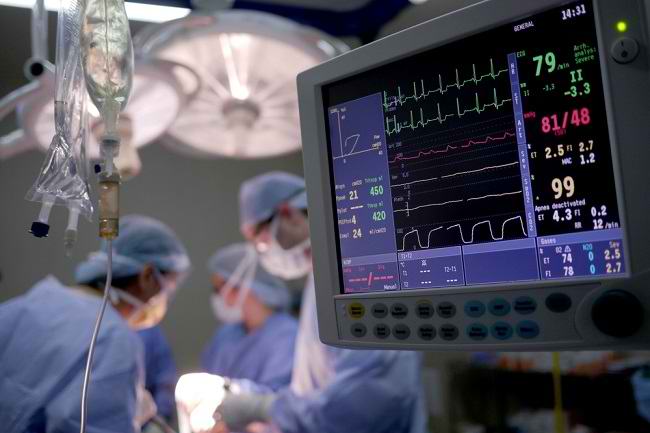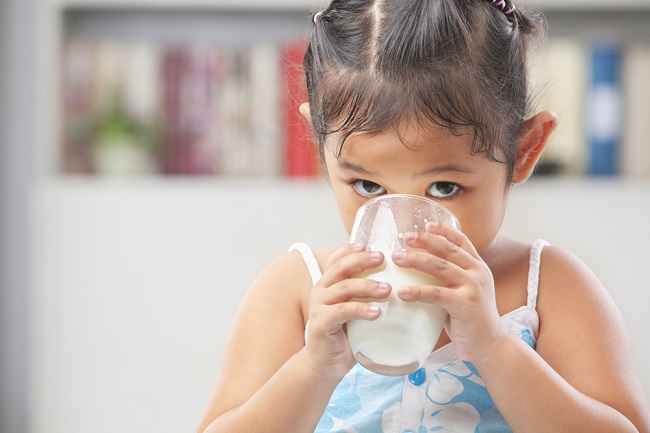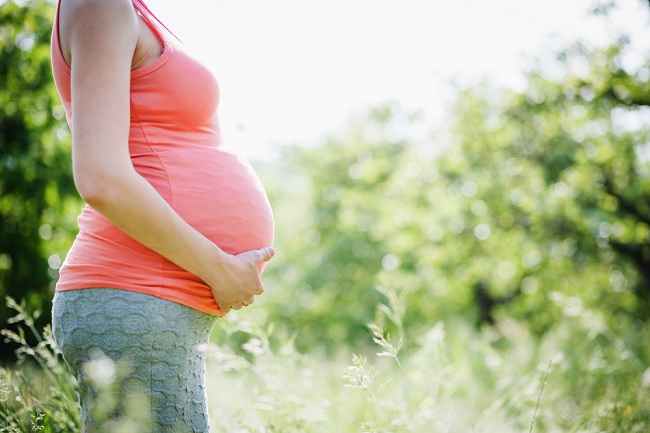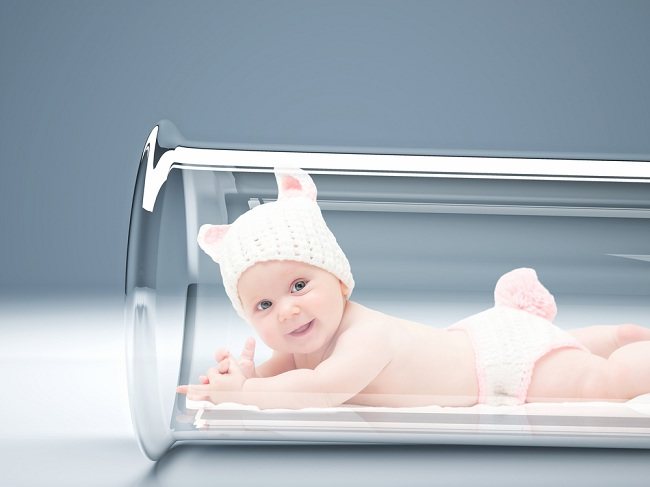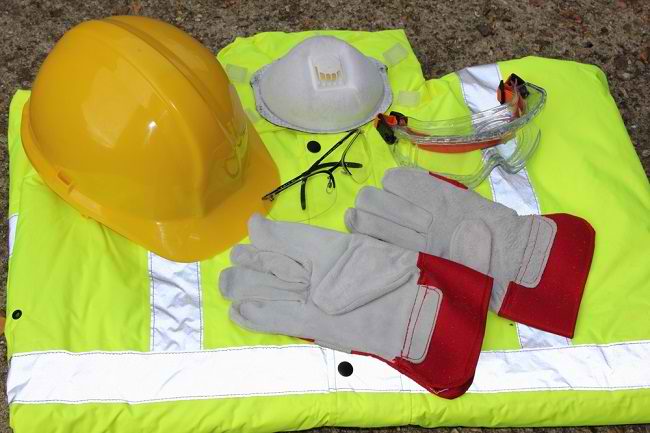The assumption that women will find it difficult to get pregnant over the age of 30 often causes debate. Some think this is not proven true. However, in fact, some research says that women can find it more difficult to get pregnant and are at risk for pregnancy disorders when they are no longer young.
Studies say that one of the reasons women find it difficult to get pregnant over the age of 30 is the limited number of eggs and their declining quality. This makes it difficult for the egg to be fertilized or difficult to develop into a healthy fetus.

In addition, when pregnant at an older age, women have a higher risk of developing various pregnancy problems, including disorders of the fetus and pregnancy complications, such as gestational diabetes, preeclampsia, or premature delivery.
Even so, this does not mean that every woman over the age of 30 can not get pregnant at all, yes. Sometimes, there are, really, older women who can still get pregnant and give birth to healthy babies. Pregnancy and fertility are of course also influenced by general health conditions.
Various risks of pregnancy over the age of 30 years
Age that is no longer young when pregnant can bring several health risks for pregnant women and fetuses, including:
- Miscarriage and ectopic pregnancy
- Congenital diseases (congenital abnormalities) and genetic disorders of the fetus, such as Down's syndrome
- Pregnancy complications, eg gestational diabetes and preeclampsia
- Premature delivery or low fetal weight
- Disorders of the placenta, such as placenta previa
- Longer or stuck labor
- Disorders of the amniotic fluid, such as too much or too little amniotic fluid, and premature rupture of the membranes.
In addition, women who are over 35 years old when pregnant can also have a higher risk of giving birth by caesarean section.
How to reduce the risk of pregnancy at the age of 30 years
If you are a woman over the age of 30 and are preparing for pregnancy, try not to worry and stress too much. You still have a chance to get pregnant in a healthy way and give birth to a normal fetus, really.
In order to be able to prepare for a good pregnancy even though you are no longer young, you are encouraged to follow the following tips:
1. Check your health thoroughly before getting pregnant
It is recommended to do a thorough health check before deciding to get pregnant, such as blood pressure, urine tests, and blood sugar levels. Maternal health checks are also required throughout pregnancy.
2. Do regular pregnancy check-ups
Women who are pregnant over the age of 35 need to have regular checkups more often than women who are pregnant at a younger age. Therefore, you can schedule more time to consult an obstetrician at the obstetrics clinic or hospital.
3. Stop smoking and avoid drinking alcohol
Unhealthy habits, such as frequent smoking or inhaling secondhand smoke (passive smokers), consuming alcohol, being stressed, rarely exercising, and not maintaining a healthy diet can have an impact on the health of the fetus and pregnant women.
Therefore, if you want to get pregnant at the age of 30 years and over, you should live a healthy lifestyle.
4. Perform tests to detect chromosomal abnormalities in the fetus
If it is necessary, especially if there is a history of disease or genetic disorders in the family, there is nothing wrong for you and your partner to undergo genetic testing. This is important to determine whether the fetus in your womb is also at risk of experiencing the same disease.
5. Consumption of sufficient folic acid
Get enough folic acid daily to help prevent birth defects in the baby's brain and nerves. The recommended amount of folic acid intake for pregnant women is about 600 micrograms (mcg) per day. Folic acid can be obtained from food or pregnancy supplements prescribed by a doctor.
6. Maintain ideal body weight
This can be done by exercising regularly and eating healthy foods that have high nutritional value.
To meet the nutritional needs of your body and the fetus, consume foods that are rich in protein, healthy fats, complex carbohydrates, as well as vitamins and minerals, such as fruits and vegetables, nuts, milk, meat and fish, eggs and seafood.
To be healthier, you should limit or avoid consumption of unhealthy foods, such as raw foods, junk food, or processed foods that contain lots of preservatives.
Through good preparation, accompanied by the right knowledge and care, mothers who are pregnant over the age of 30 can still undergo a normal delivery to have a healthy baby.
If you find it difficult to get pregnant over the age of 30 or have certain conditions that can make your pregnancy more risky, for example suffering from sexually transmitted diseases or complications from previous pregnancies, you should see a gynecologist to start a healthy pregnancy program.


